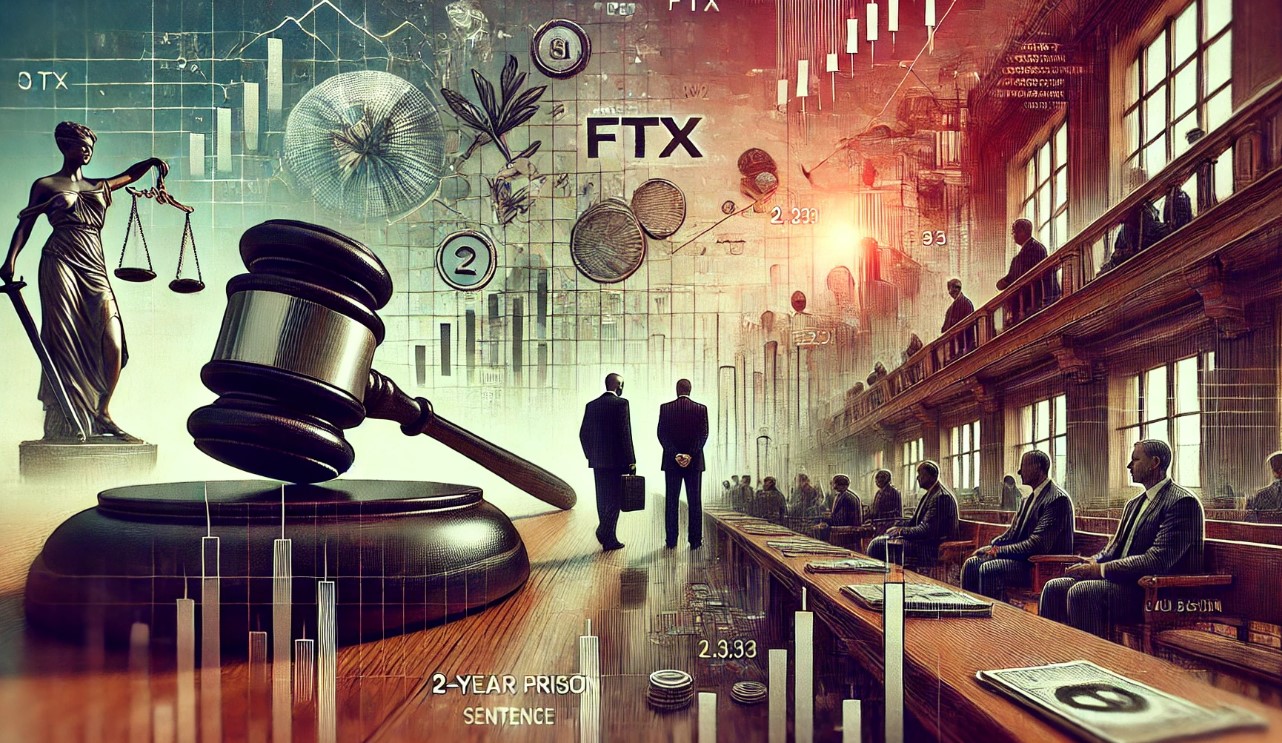
A New York jury was unable to reach a verdict in the case of Anton and James Berrier-Bueno, the MIT-educated brothers charged with fraud and money laundering in connection with a 2023 exploit of the Ethereum blockchain, which led to the removal of $25 million in digital assets.
In a ruling issued Friday, U.S. District Judge Jessica Clark declared a mistrial in the case after jurors failed to agree on whether to convict or acquit the brothers, the Inner City Press reported.
The decision came after a three-week trial in Manhattan federal court, which resulted in differing theories by prosecutors and the defense regarding Peraire-Buenos' alleged actions involving maximum extractable value (MEV) bots.
A MEV attack occurs when traders or validators exploit transaction demand on the blockchain to make a profit. Using automated MEV bots, they can manage or merge other trades by paying a higher priority fee.
In the case of the brothers, they allegedly used MEV bots to “scam” users into trades. The exploit, despite being planned by the two for months, reportedly took just 12 seconds to net the pair $25 million.
In closing arguments before the jury this week, prosecutors argued that the brothers “tricked” and “defrauded” users by engaging in a “bait-and-switch” scheme, allowing them to extract about $25 million in cryptocurrency. They cited evidence suggesting that the two planned their movements for months and researched the potential consequences of their actions.
“Ladies and gentlemen, bait and switch is not a trading strategy,” prosecutors said Tuesday, according to Inner City Press. “It's a scam. It's a scam. It's rigging the system. They pretended to be a legitimate authority to validate MEV-Boost.”
Related to: MEV bot exploits heads to US court, tests cryptocurrency's legal gray areas
In contrast, defense attorneys for the Pierre-Boynes family disputed the US government's theory that the two were posing as “honest believers” to extract money, although the court ultimately allowed the argument to be presented to the jury.
“That's like stealing a base in baseball,” the defense team said Tuesday. “If there was no fraud, there would be no conspiracy, and there would be no money laundering.”
What's at stake for the cryptocurrency industry after the ruling?
Although the case ended without a verdict, the mistrial left the cryptocurrency industry divided, with many observers debating the legal and technical implications of treating MEV-related activity as a potential criminal offense. Cryptocurrency advocacy organization Coin Center filed an amicus brief on Monday after opposition from prosecutors.
“I do not believe what is stated in the indictment constitutes wire fraud,” Carl Volz, a partner at the law firm Gunnercooke, said in a Monday op-ed for DLNews. “A jury could come to different conclusions, but if they do, it will be because the brothers stupidly Googled and talked too much and for too long to the wrong people.”
magazine: Bitcoin May Drop 70% Ahead of $1M, MEXC's 'White Whale' Apology: Hodler's Digest, October 26-November 1
This is a developing story, and more information will be added as it becomes available.




